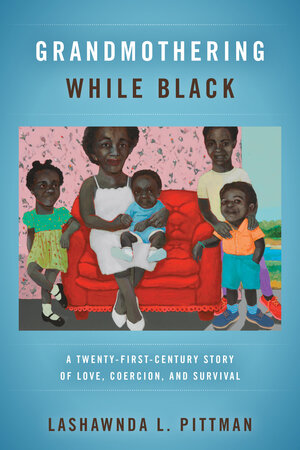
UN Women’s Feminist Plan for Sustainability and Social Justice
June 30, 2021
Migrant workers and global vaccine inequality
July 28, 20217/14/2021
By Emma Dries and Nathan Boucher
One of the fastest growing demographics in the prison population is aging men and women. Nearly one in four people in prison are 50 and older. The coronavirus pandemic crippled the prison system, even this past May, as the vaccine rollout slowed and vaccine hesitancy increased. While some states took steps to release offenders early and detain fewer individuals awaiting trial, those incarcerated still faced the difficulty of reentering communities. Much of the burden of this re-integration falls on the caregivers of those formerly incarcerated.
Even if offenders over 50 were released early, these individuals & their caregivers face the difficulty of post-incarceration. Formerly incarcerated may struggle with self-sufficiency skills, considerations in advancing age, and trust after their release. The coronavirus pandemic highlighted the significant difficulties this population meets. Yet, the challenges faced by older, formerly incarcerated adults and their caregivers is given little attention.
The coronavirus revealed the lack of medical care and organization in prison institutions and the long-standing gaps in US long-term services. While large-scale releases of inmates have successfully occurred in both the United States and internationally, there is a lack of support for the caregivers of formerly incarcerated older adults. In order to understand more about the needs of those leaving prison and the individuals who care for their loved ones, we must fill the knowledge gap and determine how to best support the services and programs that serve this population. We can do this through increased post-incarceration tracking of caregiving needs, early registration for programs like Medicaid, and targeting caregiving supports to the caregivers of the post-incarceration population who may be difficult to reach due to caregiver burden as well as prison stigma.


